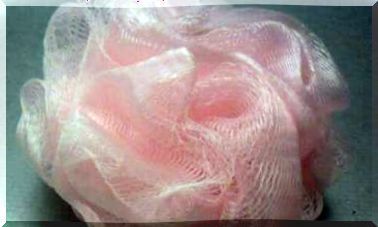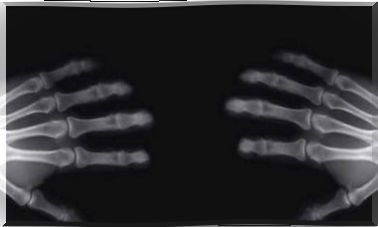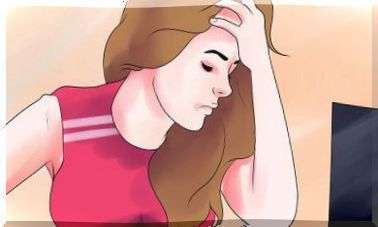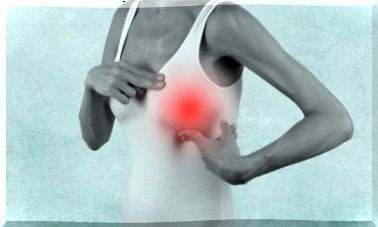How To Avoid Heartburn Or Burning?
Heartburn or burning is a burning sensation in the pit of the stomach that usually rises up the throat through the esophagus, leaving us with a bitter or acid taste. It usually occurs an hour after eating, and is more common at night, when you are lying down or bending over.
We have all experienced this sensation at times due to the consumption of some foods or certain drugs (antihypertensives, oral contraceptives, anxiolytics, etc.) or in specific situations, such as pregnancy.
While experiencing it in a timely manner is not a great concern, the real problem arises when heartburn appears frequently and continuously. In this case it is possible that there is a gastroesophageal reflux problem to be evaluated.
It is for this reason that we present you with certain recommendations that you can put into practice together with the recommendations of your doctor if you suffer from this problem (or if you want to prevent it). Take note!
Avoid heartburn or burning: a matter of good habits
Many times we do not realize that our habits can little by little aggravate our state of health until it is too late and something bothers us or hurts us. So we go to the doctor and he, to our great surprise, does not prescribe a medicine, but gives us a series of guidelines to improve our lifestyle habits.
There are several studies that state that we know very little about the reason for heartburn or gastroesophageal reflux. Even so, researchers and health experts affirm that it is important to pay attention to lifestyle habits, since many times a risk factor is precisely among these.
For example, consuming ultra-processed foods regularly and eating a diet rich in junk food is a risk factor for heartburn or burning and many other gastrointestinal complaints. Therefore, it is recommended to avoid its consumption as much as possible and in the day to day give preference to a balanced diet, such as the one proposed by the real food movement .

Although it is true that NOT in all cases the doctor will stop prescribing a pharmacological treatment, in general terms, these are the recommendations most provided in consultation regarding diet:
- Avoid consuming certain foods and drinks such as:
- Coffee.
- Citrus
- Tomato.
- Onion.
- Chocolate.
- Alcoholic drinks.
- Carbonated drinks.
- Very spicy or spicy foods.
- Any other food that has been detected as responsible for the acidity.
Other important guidelines:
- After eating, you should not do intense exercise ; however, walking at a gentle pace is recommended.
- Do not lie down until 2 or 3 hours after having eaten because, when lying down, food puts pressure on the gastroesophageal sphincter which, under normal conditions, prevents the return of food to the esophagus.
- Meals should be light, especially dinner. Large meals are counterproductive, much more if they are fatty, as they are more difficult to digest.
- Sleep with your head raised about 6 inches. To do this, lift the head of the bed or the mattress in the head area. As the head is higher than the stomach, the return of food will be prevented.
- If you are overweight, you must lose weight. Obesity increases abdominal pressure, promoting a return to the esophagus.
- Do not wear tight clothing or belts, as this can often increase intra-abdominal pressure. Give priority to comfortable clothes.
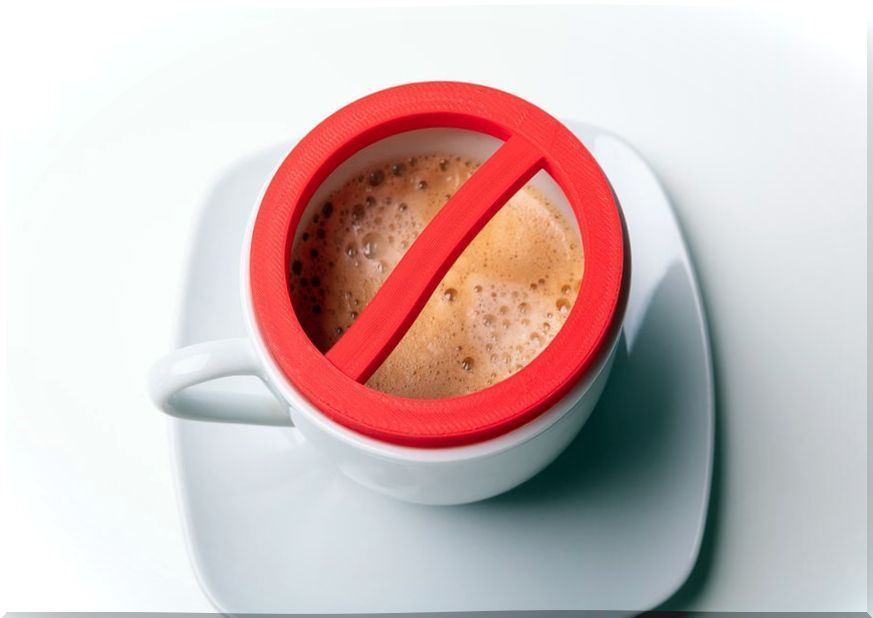
Read: How can we improve digestion?
What if the discomfort persists?
If symptoms persist and worsen, the best thing you can do is consult your doctor as soon as possible and, in the meantime, avoid self-medication. The latter can be harmful since at the moment it seems to “calm”, when in reality it “hides” certain symptoms that are later important to make a proper diagnosis.
Once the doctor has already evaluated you, follow his instructions (both those related to drug treatment and those related to how to improve your lifestyle).
For information, we tell you that the most indicated drugs to relieve heartburn are classified into three groups:
- Antacids : neutralize gastric acid.
- H2 antagonists, such as ranitidine: reduce the amount of gastric acid secreted in the stomach.
- Proton pump inhibitors, such as omeprazole: They also reduce the amount of gastric acid secreted in the stomach.
If your doctor has prescribed any of these medications or others, be sure to clear up all your doubts with him so that you can correctly comply with your treatment. Also, pay attention to the interactions that these drugs can have in case you are taking another type of medication, or are consuming some type of food or supplement in particular.
Generally, to relieve heartburn or burning, it is enough to apply some changes in lifestyle and, especially, in diet, but we must not forget that each person is different.
